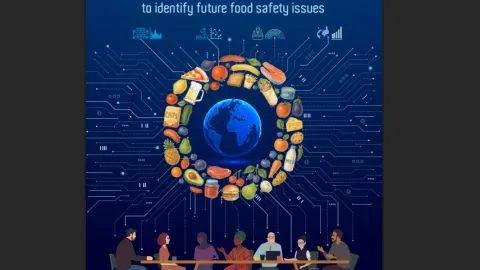News
Please note that you have to be a registered member with paid membership in order to see full articles.
Become a MemberSelected News
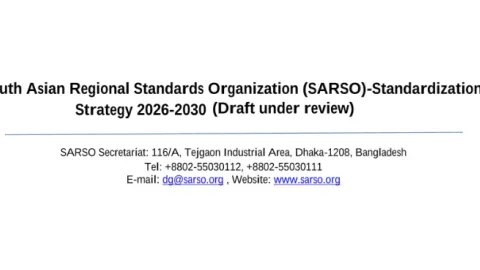
SARSO Drafts Regional Standardization Strategy for 2026–2030
The South Asian Regional Standards Organization (SARSO) has published a draft Standardization Strategy for 2026–2030 that sets out how the region plans to strengthen standardization and conformity assessment over the next five years.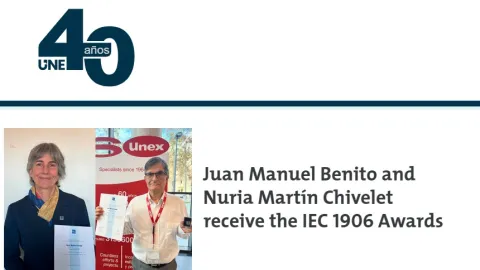
Juan Manuel Benito And Nuria Martín Chivelet Receive IEC 1906 Awards
Two Spanish experts, Juan Manuel Benito and Nuria Martín Chivelet, have received the IEC 1906 Awards for 2025 in recognition of their contributions to international electrotechnical standardization under the International Electrotechnical Commission (IEC).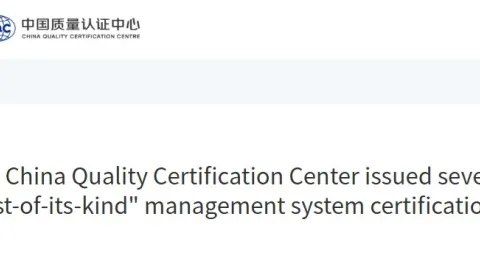
Milestone CQC Certifications: Haier and Haiyang Oriental Aerospace Port Set Sector Firsts
The China Quality Certification Center (CQC) marked a milestone by issuing first-of-their-kind certifications in two areas: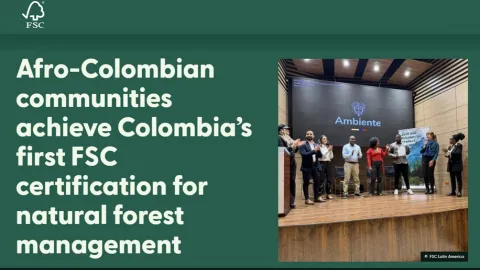
ASOFODEMA Becomes First in Colombia With FSC Certification for Natural Forest Management
The Sustainable Forestry Association for Community Development of Medio Atrato (ASOFODEMA), representing Afro-Colombian communities in Colombia’s Medio Atrato region,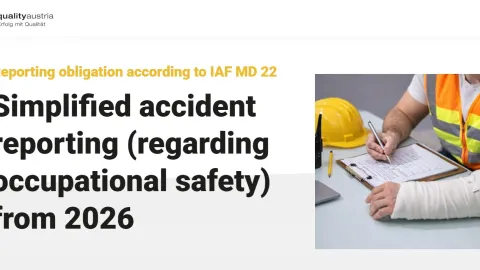
ISO 45001 Accident Reporting Rules Simplified in Austria From 2026
Since January 1, 2026, organizations certified to ISO 45001 in Austria apply simplified rules for reporting serious workplace accidents and breaches of worker protection laws.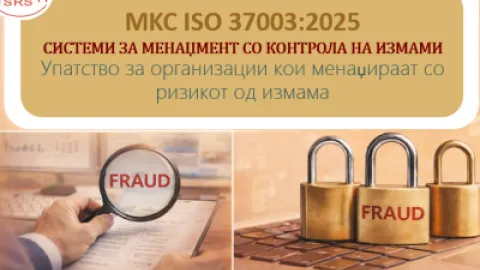
Macedonia Adopts ISO 37003 Anti-Fraud Standard
North Macedonia has adopted ISO 37003:2025 as a national standard, published as MKS ISO 37003:2025, making international guidance on fraud control management systems available at national level.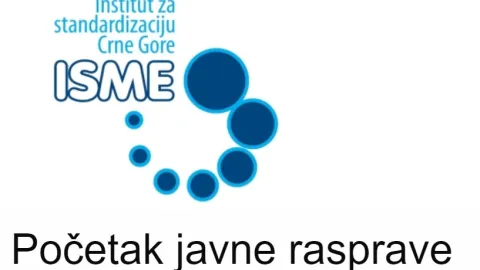
Montenegro Opens Two Public Consultations in Early 2026
The Institute for Standardization of Montenegro (ISME) has opened two public consultations in January 2026,
European Accreditation Publishes Policy on Geographical Indications PDO, PGI and TSG
The European co-operation for Accreditation (EA) has published a new policy EA-3/02, setting out how certification bodies for geographical indications are accredited,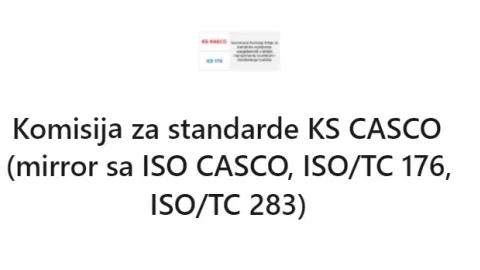
Serbia Adopts Translation of ISO 21001:2025 for Educational Organizations
The KS CASCO Commission has adopted the Serbian translation of ISO 21001:2025, the management system standard for educational organizations.
European Commission Prepares Draft Rules for Digital Product Passport Registry
The European Commission (EC) is preparing a draft implementing regulation to set out how the Digital Product Passport Registry will operate under the Ecodesign for Sustainable Products Regulation, with adoption planned for the first quarter of 2026.
EU Medical Device Database EUDAMED Opens First Mandatory Modules
The European Commission has published the first four functional modules of EUDAMED, the EU database for medical devices and in vitro diagnostic devices.
European Climate Adaptation Standards Advance Under CEN and CENELEC
CEN and CENELEC are progressing European standardization work on climate adaptation,Global News
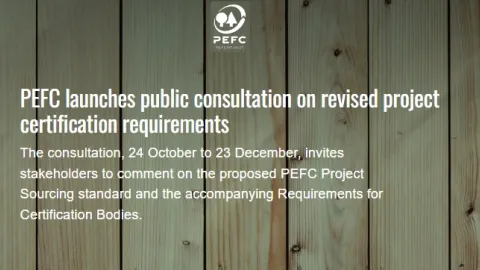
PEFC Launches Consultation on Updated Project Sourcing Standard and Requirements
PEFC International has opened a 60-day public consultation, running from October 24 to December 23, to review proposed updates to its project certification requirements.
ISO 17298 Embeds Biodiversity in Business Strategy, Signaling a Shift in Finance
The International Organization for Standardization (ISO) has released ISO 17298, a new global standard that makes biodiversity part of business strategy and financial decision-making.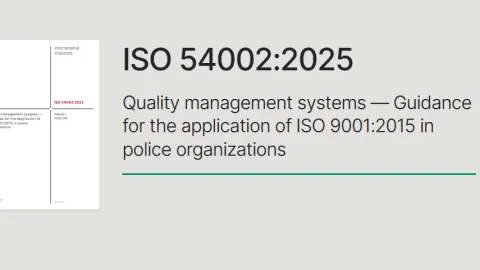
ISO 54002 Guides Police in Applying ISO 9001 Principles
The International Organization for Standardization (ISO) has published ISO 54002:2025, a new guidance document to help police organizations apply the requirements of ISO 9001:2015 in their operations.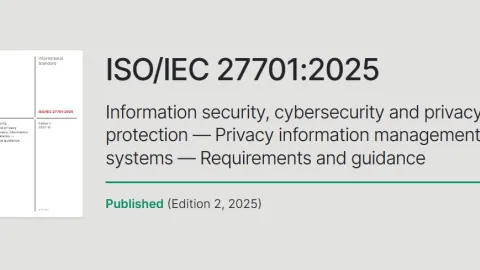
Updated ISO 27701 Now Offers Standalone Privacy Management Certification
The 2025 update of ISO 27701 marks a major shift in privacy management, turning the standard into a fully independent, certifiable framework.
Work Begins on FSSC 22000 Version 7
The Foundation FSSC has started developing Version 7 of the FSSC 22000 certification scheme.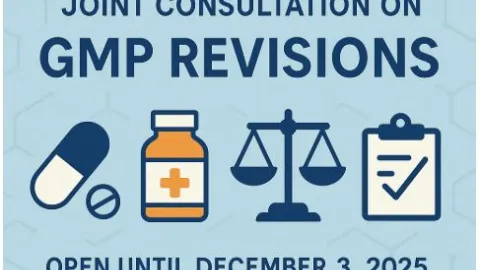
PIC/S and EMA Seek Feedback on Pharmaceutical Quality System in GMP Guide
The Pharmaceutical Inspection Co-operation Scheme (PIC/S) and the European Medicines Agency (EMA) have launched a joint consultation on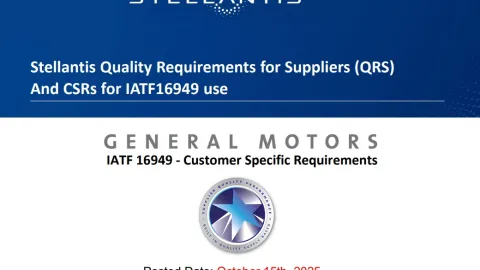
GM and Stellantis Update Customer-Specific Requirements for IATF 16949 Certification
General Motors and Stellantis have both issued updates to their customer-specific requirements (CSRs) under the automotive quality management standard IATF 16949.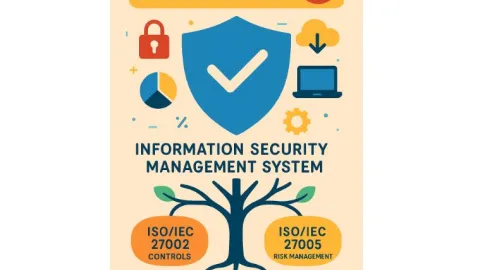
Two Decades as Cornerstone of Information Security Management: ISO 27001 Turns 20
The international standard ISO/IEC 27001 has turned 20, continuing to serve as the main global reference for information security management systems (ISMS).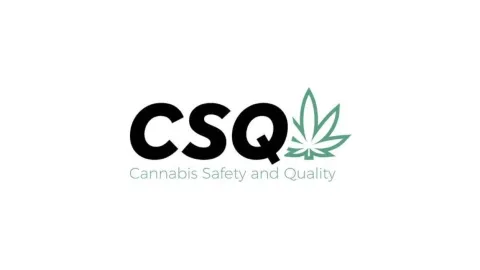
CSQ 2.0 Launched: Cannabis Safety and Quality Certification Revision
The Cannabis Safety & Quality (CSQ) organization has launched the finalized CSQ 2.0 Certification Program,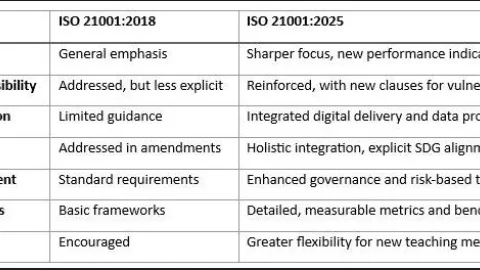
Updated ISO 21001 for Educational Management Moves Focus to Learners and Sustainability
The International Organization for Standardization (ISO) has released the second edition of its Educational Organizations Management Systems (EOMS) standard, ISO 21001:2025.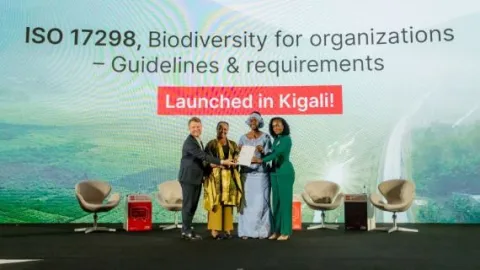
First Global Standard for Organizational Biodiversity Action: ISO 17298 Launched in Kigali
The International Organization for Standardization (ISO) has released ISO 17298, the world’s first international standard to help organizations take measurable and accountable action on biodiversity.